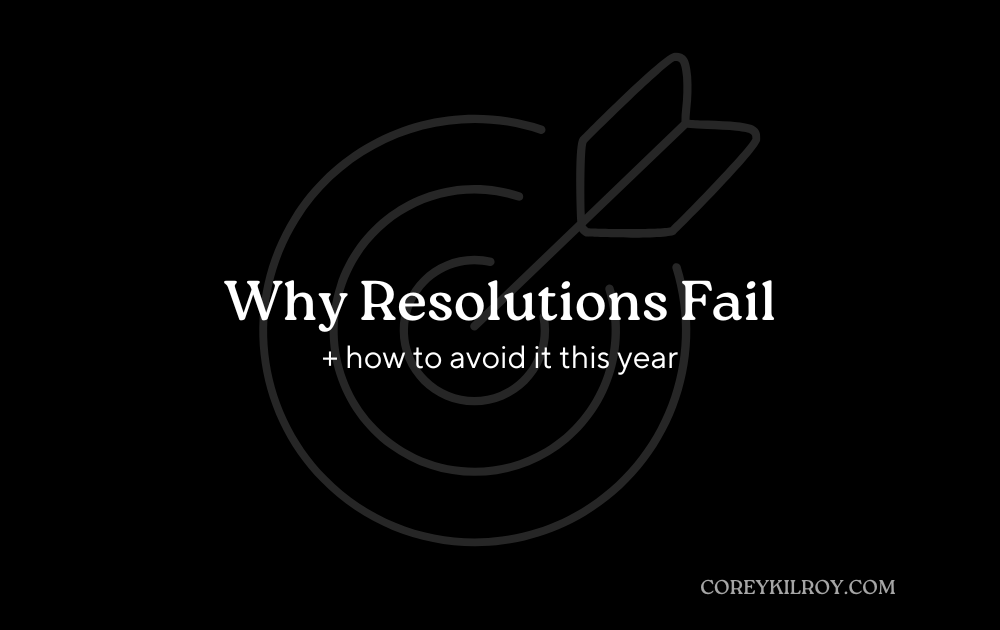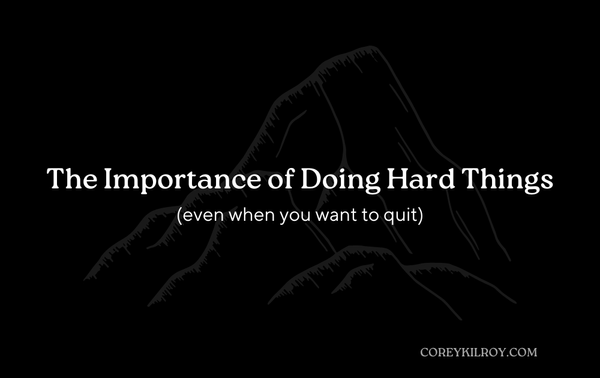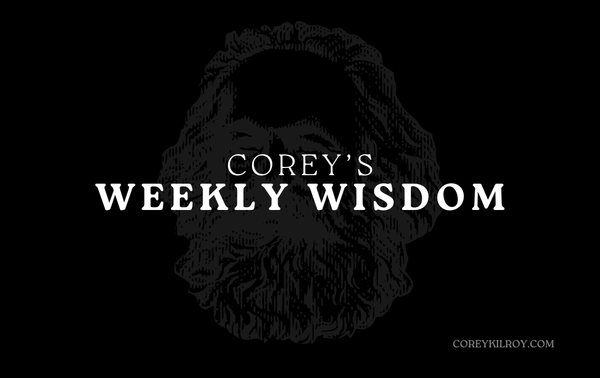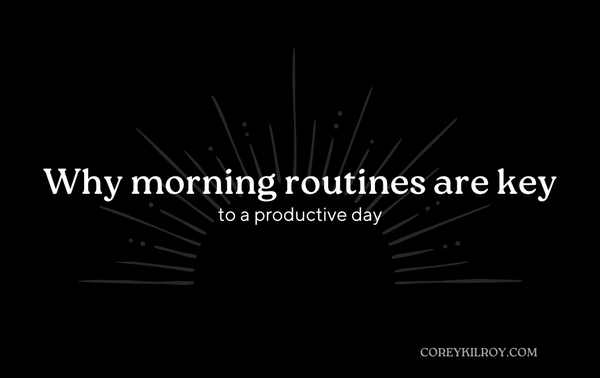Why Resolutions Fail (and how to avoid it this year)

THE WARM UP
First off, I want to wish each and every one of you the happiest of new years!
This past year was a whirlwind and I’m so excited for what’s to come in this upcoming year.
Every January, millions of people make resolutions with the best intentions, but studies show that most fail by February.
Why?
Because resolutions often set us up for failure. This year, I’m ditching resolutions for a better approach, and here’s how you can, too.
THE WORK OUT
1. Why resolutions fail:
a) They’re Tied to an Arbitrary Start Date: Waiting for January 1 sets the wrong precedent. In reality, if you really wanted to achieve something, you can start anytime. Beginning with this mindset that you have to wait for a “perfect time” to start working on yourself is already a recipe for disaster. Luckily, the new year has already begun, so now there’s truly no reason for you not to start your goals.
b) They’re too vague: Setting nonspecific goals like, “get healthier” or “save more money” lacks clarity and direction. Because of this, you’re more likely to give up purely because you lack the instruction on how to get there. The sad reality is that resolutions are often more wishful thinking than actionable strategy. You need a clear path guiding you on how to get to you end goal.
c) They rely on willpower alone: Motivation fades. I like to think of motivation as mere flashes in a pan, when in reality we need constant fire in order to heat up our meal, right? We need systems and habits to help us achieve smaller goals that add up over time. This consistency is the key to it all.
2. Here’s a better approach to goals:
a) Set SMART Goals: These are uber specific goals that you set for yourself that make extremely clear what and how you’ll be obtaining something. The acronym is broken down into parts including, “Specific, Measurable, Achievable, Relevant, and Time-bound”. I talk more about this in my How to Use SMART Goals essay here.
b) Focus on habits over outcomes: James Clear has seemingly become the god father of habit setting because of his book Atomic Habits, and for good reason. He talks about the importance of primarily focusing on becoming 1% better every single day. This is because of something called The Compounding Effect where if you improve by just 1% each day, over the course of a year (365 days), you will end up approximately 37 times better at something due to the compounding effect of small, consistent improvements. These small wins truly do add up over time, and allow you to focus on one step at a time instead of worrying about the overarching picture.
c) Reflect and adjust accordingly: Goal setting isn’t a one-and-done process. You need to regularly check in with yourself and tweak your approach when necessary. We’ll never plan for something perfectly the first time. It takes trial and error to learn what’s working and what’s not. I talk about how to prioritize goals and break them down into smaller achievable steps in my 6 month check-in essay here.
d) Start Anytime: If it’s truly meaningful to you, start now. Don’t wait for a new year or a “perfect moment” to start something. Our days are finite and you never know when it’ll be your last. That’s not meant to be harsh, it’s meant to help you put life into perspective. Focus on the controllables and take action as soon as possible.
THE COOL DOWN
In the end, this year I’m skipping the arbitrary “resolutions” and focusing on building meaningful habits and lifestyle changes that last instead.
Take a moment to reflect and start prioritizing your goals.
Break them down into a hierarchy of levels:
1. Start with Large-Scale Goals
Think about what you want to achieve over the next 10 years. These goals give you a grand vision and help shape your decisions.
2. Break Down Larger Goals
Divide your big goals into smaller, more manageable targets. For example, if you want to lose 20 lbs this year, aim to lose 1 lb each week.
3. Execute Daily
Commit to your plan every day. Consistency is key to achieving long-term success.
And please, if you take anything away from this essay, do not wait for the “perfect time” to start.
There will never be the perfect time. The best time is now.
Be well and Keep Pluggin.
-C.



